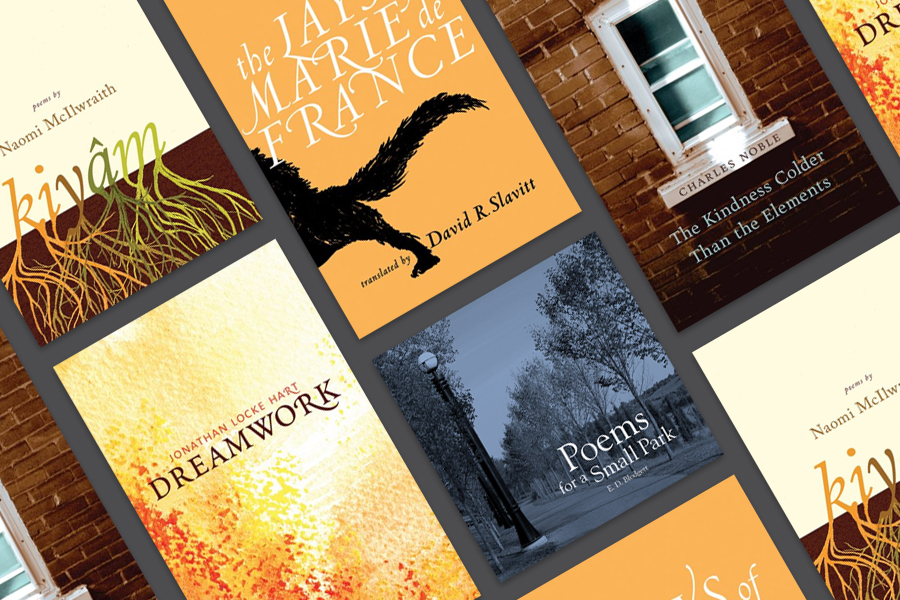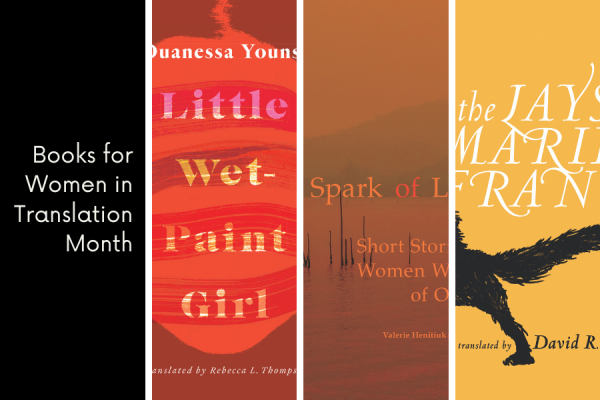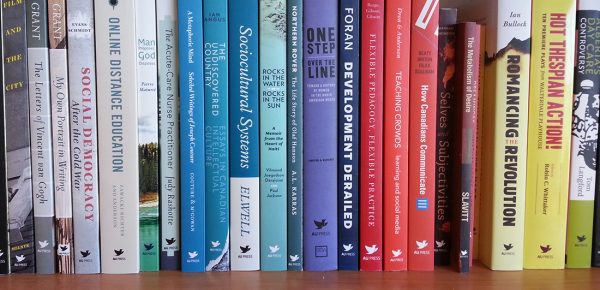“April is cruellest month,” wrote T. S. Eliot in his famous poem The Waste Land, but here at AU Press we think April is a perfect month for poetry! Since 1998, Canadians have come together each April to celebrate National Poetry Month. This year, we present a list of five spectacular poetry titles, all gems from the AU Press back catalogue, including verse in translation, poems in multiple languages, and poets from near and far.
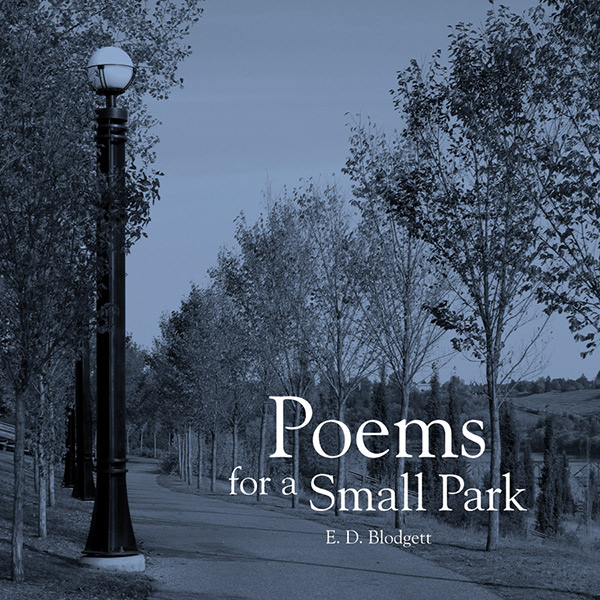
Poems for a Small Park by E.D. Blodgett
This collection by well-known Edmonton poet, E.D. Blodgett, is an ode to the wisdom and divinity of silence. The poet muses on the quiet of the outdoors and the mysterious relationship that exists between spaces of silence within a city’s limits.
Most of the short lyrics that make up this sublime collection were written first in English and French before being translated into Cree, Michif, Chinese, and Ukrainian to reflect Edmonton’s multicultural past and present. Together they form a composite view of the people and culture that inhabit the city’s natural spaces.
The Lays of Marie de France by Marie de France, translated by David R. Slavitt
The twelve “lays” of Marie de France, the earliest known French woman poet, are here presented in sprightly English verse by poet and translator David R. Slavitt. Traditional Breton folktales were the raw material for Marie de France’s series of lively but profound considerations of love, life, death, fidelity and betrayal, and luck and fate. They offer acute observations about the choices that women make, startling in the late twelfth century and challenging even today. Combining a woman’s wisdom with an impressive technical bravura, the lays are a minor treasure of European culture.
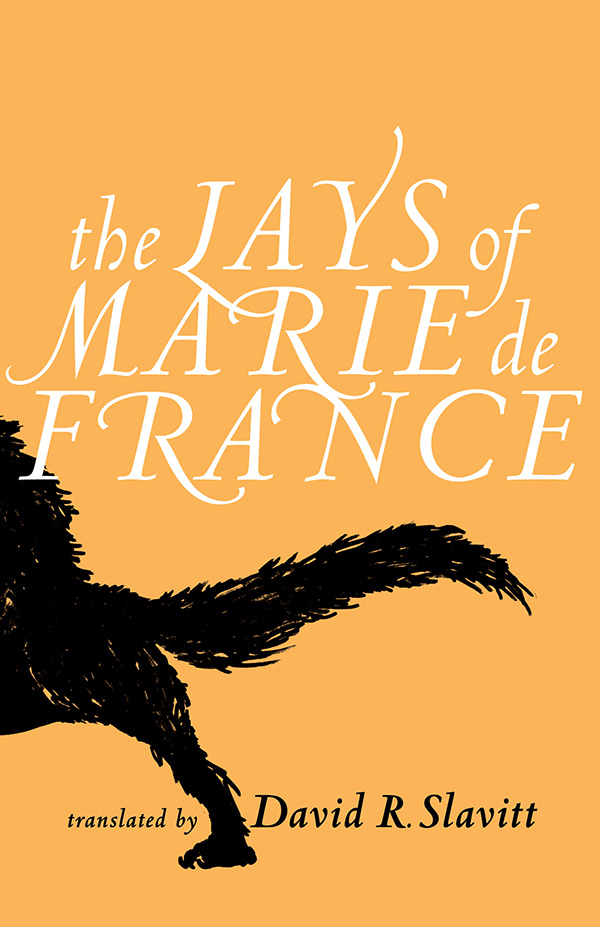
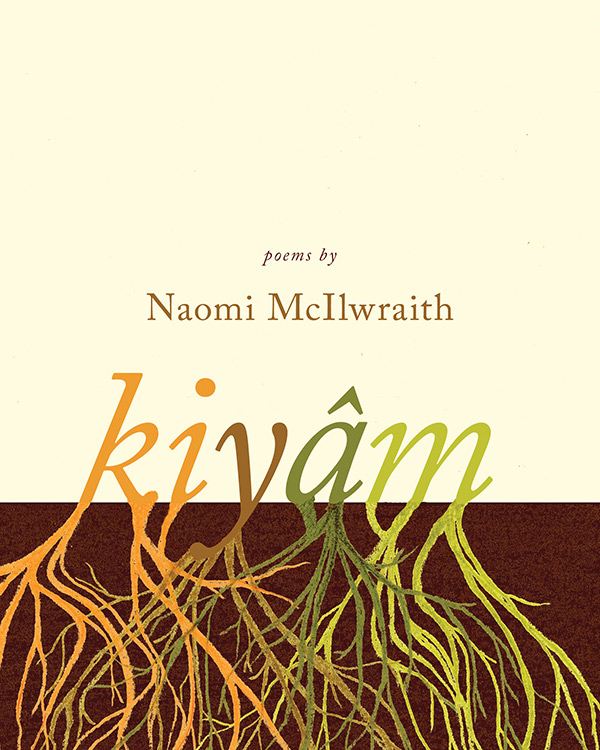
kiyâm by Naomi McIlwraith
Through poems that move between the two languages, McIlwraith explores the beauty of the intersection between nêhiyawêwin, the Plains Cree language, and English, âkayâsîmowin. Written to honour her father’s facility in nêhiyawêwin and her mother’s beauty and generosity as an inheritor of Cree, Ojibwe, Scottish, and English, kiyâm articulates a powerful yearning for family, history, peace, and love.
The Kindness Colder Than the Elements by Charles Noble
With wit and cunning, Noble’s poems insinuate themselves into the mediations of “we use language” / “language uses us,” into the objectification of “mind,” into the struggles and cracking of systems. Cuing on Hegel’s epochal revitalization of the syllogism, they begin with sentences-cum-arguments that issue from an everyman’s intentions and insights, playing into and baiting the “sociality of reason.” In the cut-up sentences then come the restless, accelerated themes—themes that exist only in their variations, ghosting into one another like the dusk and the dawn in a winging, distended now.
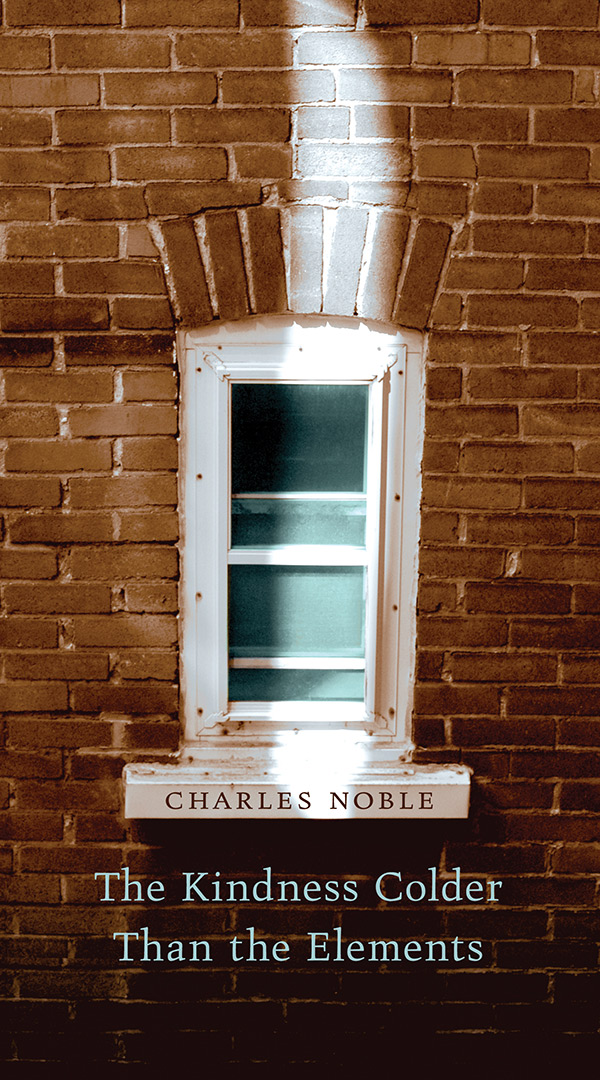
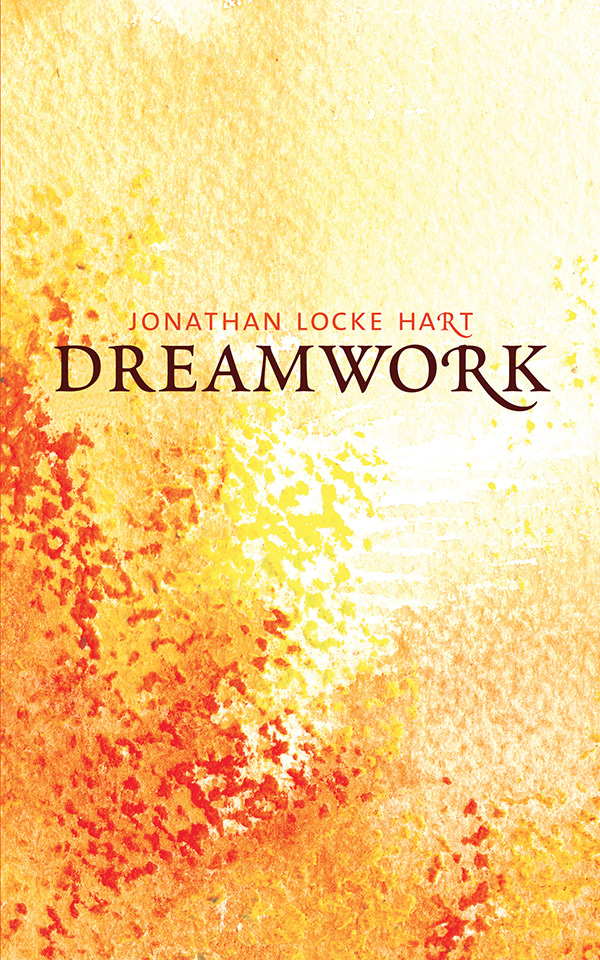
Dreamwork by Jonathan Locke Hart
Dreamwork is a poetic exploration of the then and there, here and now, of landscapes and inscapes over time. It is part of a poetry series on dream and its relation to actuality. The poems explore past, present, and future in different places from Canada through New Jersey, New York and New England to England and Europe, part of the speaker’s journey. A typology of home and displacement, of natural beauty and industrial scars unfolds in the movement of the book.
